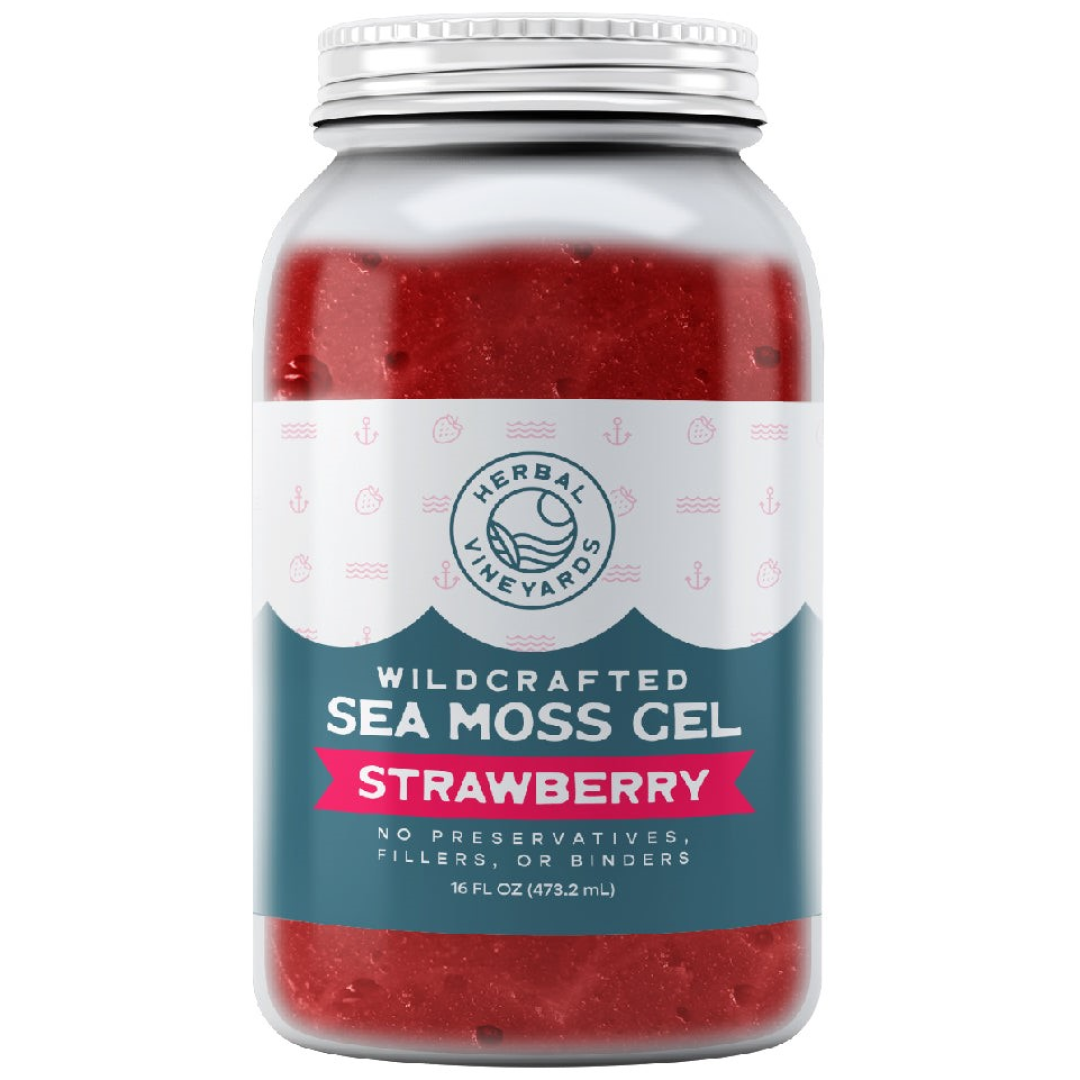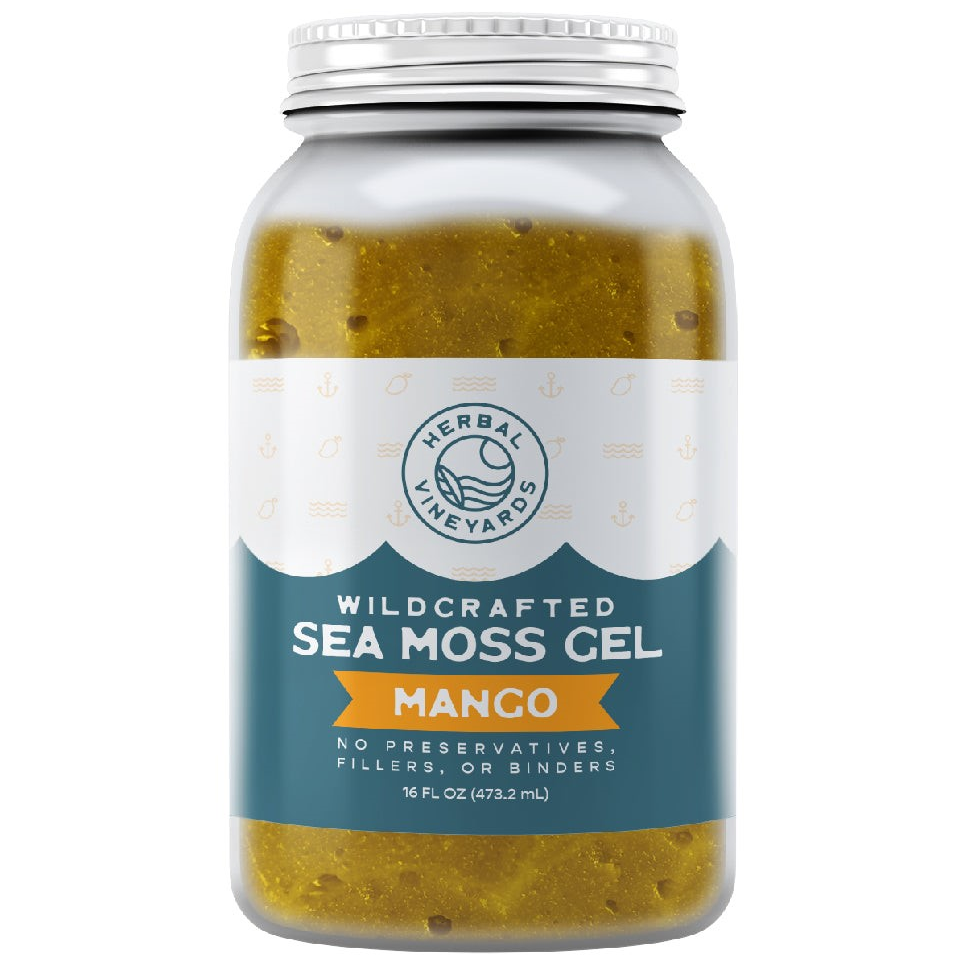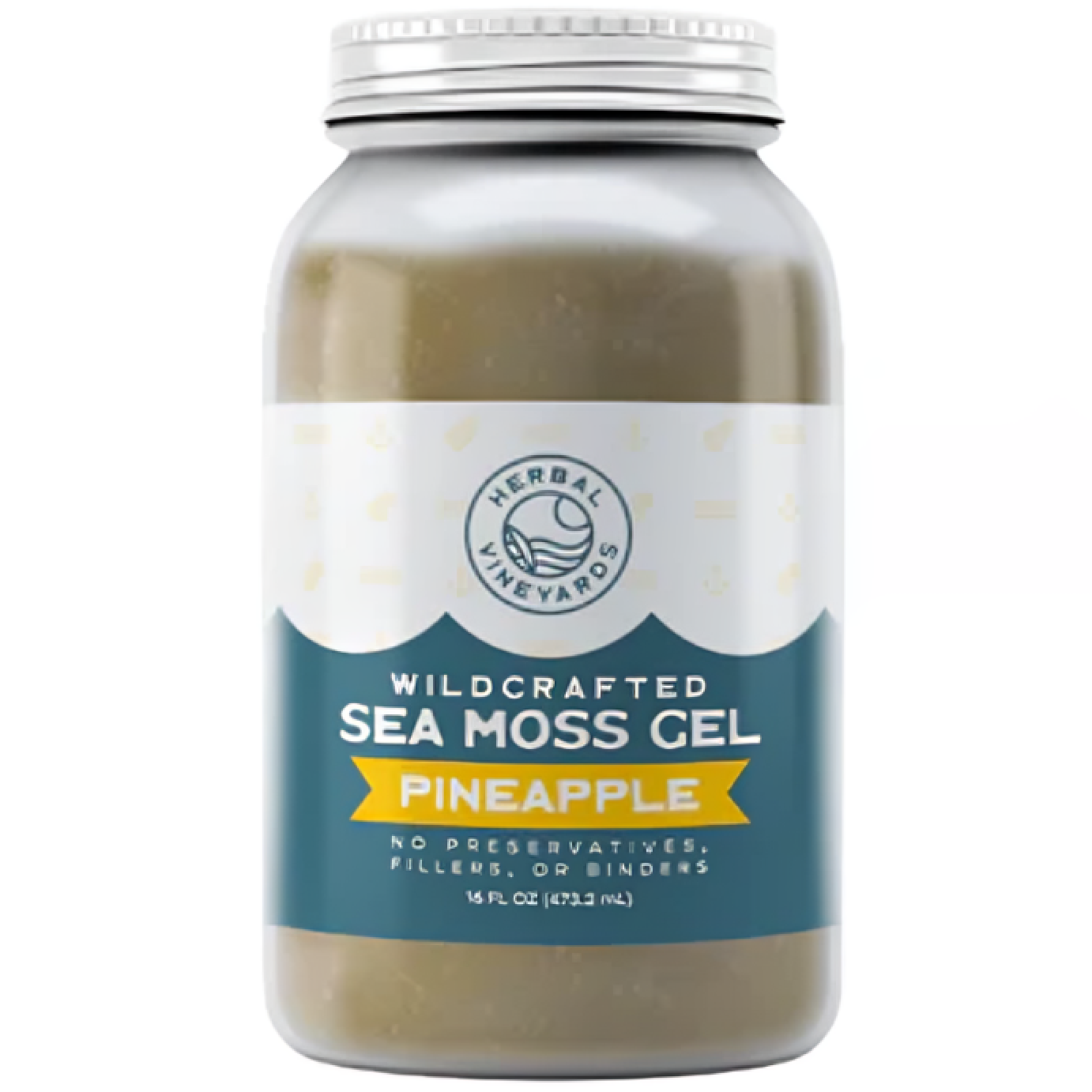Is it True that Brown Seaweed Prevents Breast Cancer in Women?
Seaweed is commonly an East Asian food, but the amount consumed varies significantly from person to person. Fucoxanthin, fucoidan, laminarin, and other sulfated polysaccharides (polyphenol defence compounds) are found in brown seaweeds. These compounds have been reported to have potent anticancer activity. Beta-carotene, fucoxanthin, and violaxanthin are all found in brown seaweeds and other antioxidants. Astaxanthin is found in a few types of algae. The lignan enterolactone found in seaweed is also an excellent food source. Colon and breast cancer cells have been shown to be inhibited by various seaweed extracts in the laboratory. The consumption of seaweed, which is rich in indigestible dietary fibre, has been linked to an increase in faecal bulk and a potential reduction in the risk of developing cancer. In Traditional Chinese Medicine and Japanese folk medicine, seaweeds are effective against various tumours.
Laminarian brown seaweed contains B-d-glucose
β-Glucan contains of a group of β-d-glucose polysaccharides, which are present in the cell walls of cereals and seaweeds. Dietary consumption of β-glucan from brown algae inhibits human breast cancer. In a previous study, Beta-glucans have also been shown to inhibit cancer cell growth in vitro. MCF-7 breast cancer cells' viability was hindered by a water-soluble B-glucan extract from Poria cocos mycelia, with an IC50 of 400 g/ml and cyclin D1 and cyclin E protein expression being reduced. Beta-D-glucans can exert antimicrobial and anticancer effects by stimulating the host's immune system.
Laminarian dietary fibres reduce the risk of breast cancer
In the brown seaweed Laminaria japonica, there are both water-soluble and non-water-soluble dietary fibres, both of which are highly bioactive in the human body, about 17.9 percent. As a result, L. japonica's total dietary fibre content is 50.7 percent, the highest among all plants and seaweeds. Because seaweed contains a lot of fibre, it may help protect against breast cancer or block an enzyme that prevents our bodies from flushing out excess hormones.
Laminarian compounds improve estrogen metabolism.
It has been shown that women who eat brown seaweeds have better oestrogen metabolism. Estradiol and progesterone bind to oestrogen receptors and progesterone receptors when kelp extract is added to the solution. Brown seaweed laminarin compounds contain compounds that have been shown to inhibit the growth of cancer cells. Some of the breast cancer-protective effects of dietary seaweed and soy may be due to an increase in the intestinal conversion of phytoestrogens, particularly the production of equol. Seaweed may also interfere in some way with the binding of oestrogen-to-oestrogen receptors.
It has been demonstrated that brown seaweed contains the omega-3 fats eicosapentaenoic acid and stearidonic acid, which may contribute to a favourable increase in the ratio of omega-3 to omega-6 polyunsaturated fatty acids (which in turn is thought to reduce breast cancer risk). Docosahexaenoic acid is yet another marine omega-3 fat, and many types of seaweeds contain it.
Therefore , people who consume seaweed regularly, particularly in Japan, have dramatically lower breast cancer rates than those who do not. According to Hirayama, Breast cancer incidence was found to be lower in rural towns and villages where seaweed was grown.
References
Teas, J. (1982). The Dietary Intake of Laminaria, a Brown Seaweed, and Breast Cancer Prevention. Nutrition and Cancer, 4(3), 217–222. https://doi.org/10.1080/01635588209513760
Kim, J. Y., Kwon, Y. M., Kim, I. S., Kim, J. A., Yu, D. Y., Adhikari, B., Lee, S. S., Choi, I. S., & Cho, K. K. (2018). Effects of the Brown Seaweed Laminaria japonica Supplementation on Serum Concentrations of IgG, Triglycerides, and Cholesterol, and Intestinal Microbiota Composition in Rats. Frontiers in Nutrition, 5. https://doi.org/10.3389/FNUT.2018.00023/FULL
Jafaar, Z. M. T., Litchfield, L. M., Ivanova, M. M., Radde, B. N., Al-Rayyan, N., & Klinge, C. M. (2014). β-D-glucan inhibits endocrine-resistant breast cancer cell proliferation and alters gene expression. International Journal of Oncology, 44(4), 1365. https://doi.org/10.3892/IJO.2014.2294
Teas, J., Hurley, T. G., Hebert, J. R., Franke, A. A., Sepkovic, D. W., & Kurzer, M. S. (2009). Dietary Seaweed Modifies Estrogen and Phytoestrogen Metabolism in Healthy Postmenopausal Women. The Journal of Nutrition, 139(5), 939–944. https://doi.org/10.3945/JN.108.100834







